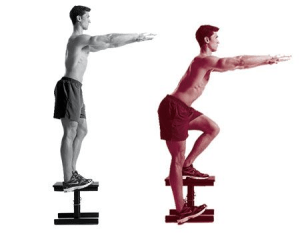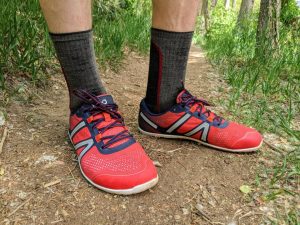The Physio Journey
Injuries are a normal part of life and can happen with or without an easily identified cause. In general, there are three stages of tissue healing after injury, each occurring in specific time frames.
Inflammation 4-6 days.
Proliferation (rapid cell growth) 4-24 days.
Remodelling 21 days- 2 years
Unfortunately, we have no magic skills to make the above biological process happen quicker, however the reality is most musculoskeletal injuries will take 8-12 weeks of therapy to completely resolve. Consequently, more complex injuries can take a lot longer.
In some cases, injuries could have been under the surface for months or years before becoming painful, therefore it will take multiple sessions to make lasting changes to the tissues or adaptations to a movement dysfunction.
There are 5 phases of the injury rehabilitation process that our physios at PhysiCo City will guide you through on your journey to recovery.
Phase 1. Protecting the Injury and Managing Pain

- Protection is all about preventing further damage and encouraging an environment for healing. In the early days, inflammation is a natural part of an injury and likely will come with some pain. If pain has been present for a while, often there will be other structures contributing to an ongoing dysfunction.
- Offloading/protecting the area can help with pain and recovery initially. However not all injured tissue needs absolute rest and return to movement early on will help recovery.
Phase 2. Progressive Reloading and Reconditioning

- Encouraging light strain or load to the area will help the body to repair tissue more effectively and speed up return to function.
- Maintaining strength, mobility and control in surrounding muscles and joints as well as overall cardiovascular conditioning will improve recovery.
- Reconditioning is specifically helpful for recovering athletes.
Phase 3. Specific Strength or Tasks

- The injury no longer hurts and you can go about your day pain free.
- This is where many patients feel they are ready to go back to sport or work. Stopping physio at this stage creates a high risk for reinjury.
- Specific strength exercises that closely mimic the desired task prepare the healing tissues beyond the capacity they were at prior to injury.
Phase 4. Return to Sport/Work/Function

- You can now handle all manner of specific strength and functional tasks associated with sports or work, when simulated with exercises in the clinic.
- Ease back in small increments, rather than all at once to allow the body to adjust and react to the new demands.
Phase 5. Injury Prevention

- This often overlooked phase is where we physios tend to do our best work. We can identify any risk factors for injury and take steps to mitigate those risks.
- Further gains beyond your pre-injury capacity can help prevent and reduce any dysfunction that could be building up to an injury.
For a more detailed review on managing musculoskeletal injuries visit:
Our Physio team is here to help you achieve your goals
Call to make a booking (02)9267 3775
Or book online
-PhysiCo City Physiotherapy

